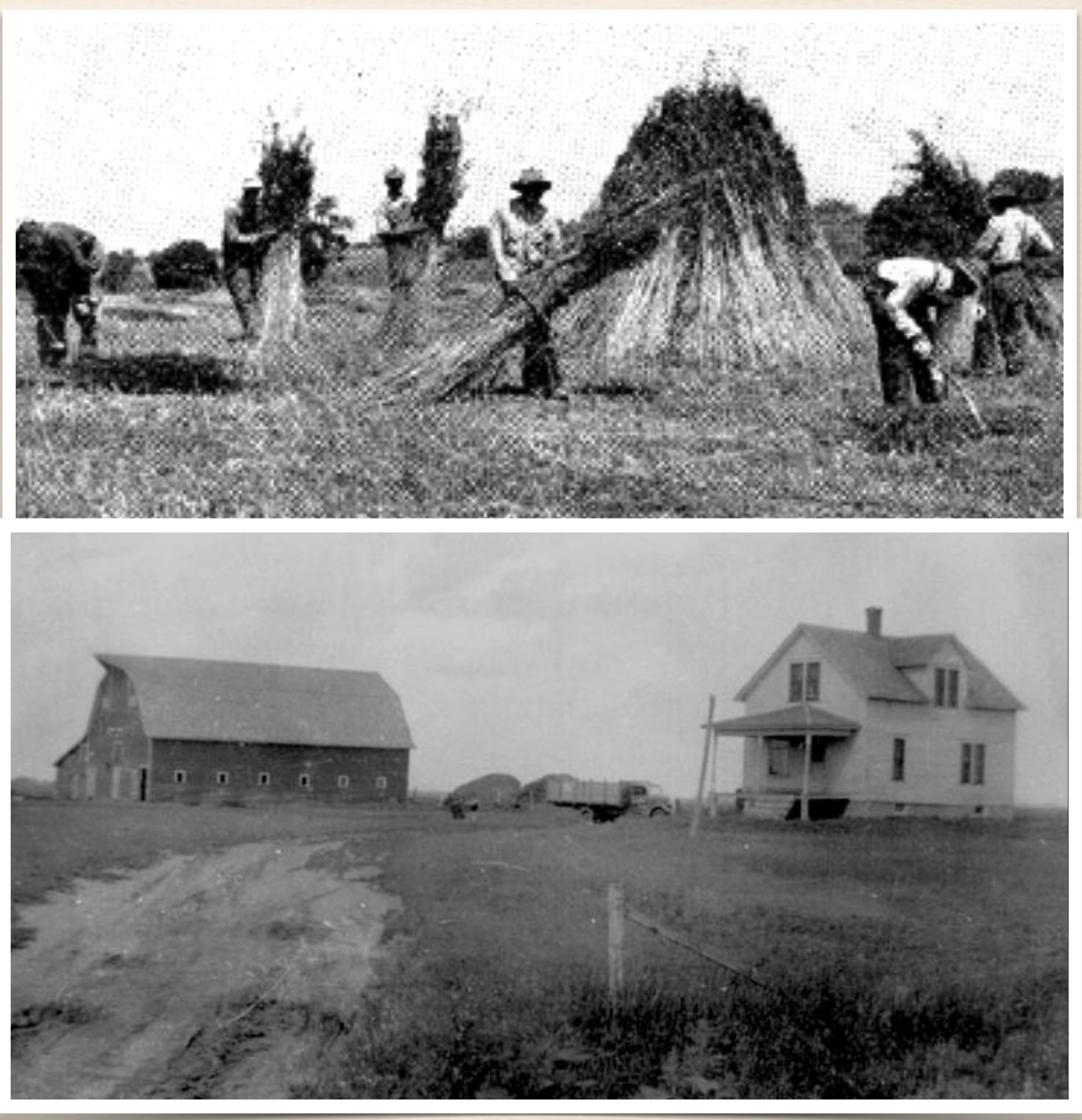Terms to Know
Laissez-Faire = capitalist philosophy that limits government involvement in the economy, allowing booms and busts to work themselves out dependent upon market supply and demand (typical of Republican Party in 20th C)
Progressive = political and economic philosophy that believed the government could enact changes to improve society, often through regulating Wall Street and Big Business, as well as improving working and living conditions (typical of Democratic Party in 20th C)
Pinko = a person who is sympathetic to socialist economic and political beliefs
Conservative = philosophy that supports traditional American and Christian ideals and morals, including limited government intrusion into personal and business affairs
Bull Market = markets that are characterized by investor confidence and optimism
Bear Market = markets that are trending down due to lack of spending or flagging confidence
Background Problem 1
Now that World War I is over, global industry is back to normal production levels, which means that fewer foreign countries want to buy American goods. Now United States industry has produced a surplus of goods.
What will this do to prices and profits?
What should be done (if anything) about this problem?
What consequences do you foresee?
Background Problem 2
Farmers during WWI experienced a dramatic increase in demand for their crops, and the Federal Govt. and international marketplace offered tremendous incentive for farmers to overproduce crops, even by taking massive loans to pay for additional farm land and tractors. Now that demand has decreased, farmers face economic crisis as they cannot pay their loans and are threatened with foreclosure.
What should be done (if anything) about this problem?
What consequences do you foresee?
Background Problem 3
When the economy was strong in the early 1920s, massive housing districts were built in the hope that Americans would keep buying them, and the auto industry also overproduced a surplus of automobiles. By the late 1920s, fewer people are buying homes and automobiles, and the market is experiencing a “bubble” period.
Part of the reason for this lack of spending is that there is an unequal distribution of wealth and 70% of Americans live at or below poverty level ($2,500 per year).
What should be done (if anything) about these problems?
What consequences do you foresee?
Background Problem 4
With the Bull Market of the Roaring Twenties, speculation is rampant on the market (meaning stocks are not worth as much as buyers and sellers assume). Many investors are also buying stocks on the margin, meaning purchasing a stock on credit, hoping that the stock will make a profit and pay for the loan. By 1929, the stock market appears to be entering into a Bear Market period, and the economy is entering into a recession.
What should be done (if anything) about this problem?
What consequences do you foresee?






